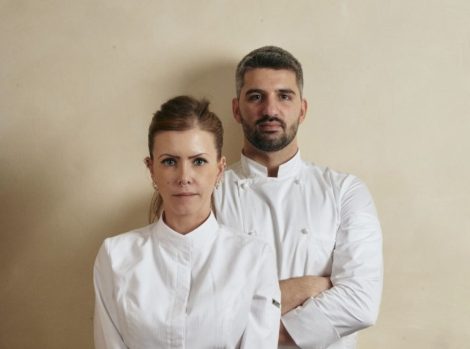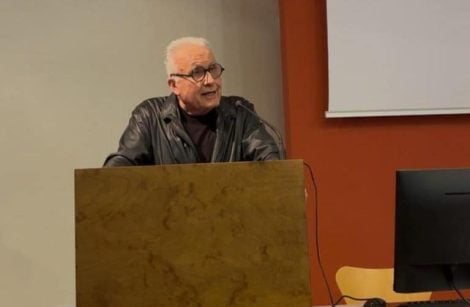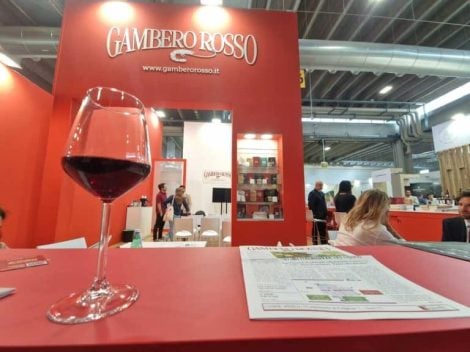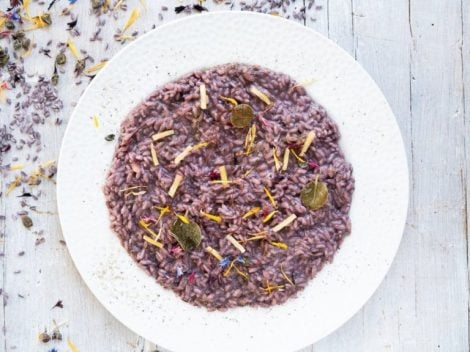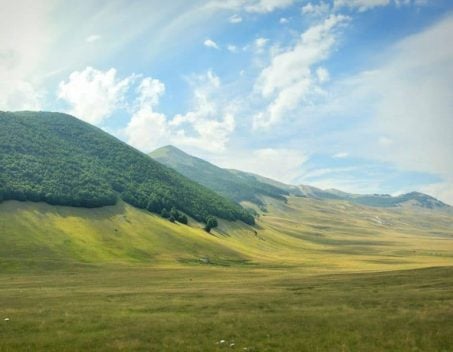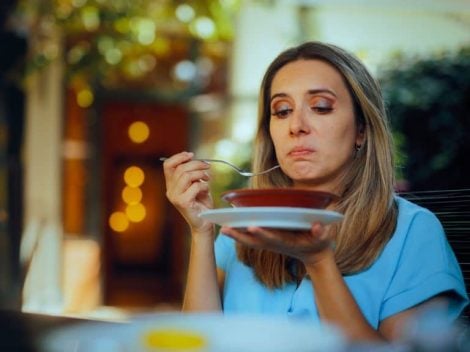By Andrea Cuomo
A reconsideration, certainly not a defeat. Even an act of humility, a virtue often unknown in kitchens. But Chiara Pavan and Francesco Brutto, the two chefs of Venissa, one Michelin star and one green star on the Venetian island of Mazzorbo, had to realize that achieving complete self-sufficiency was more of a dream than a reality. And they found a new way to maintain their holistic cuisine within the rigid framework they imposed on themselves ("I know I'm not a genius, so I had to set rules for myself to innovate," says Chiara) balancing between fine dining and a deeply ethical adherence to the idea of sustainability.
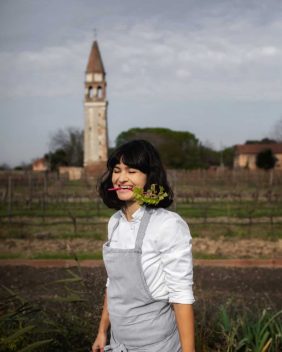
Eight years of environmental disasters
"At a certain point - Pavan considers - we realized that we couldn't produce everything by ourselves in our micro-terroir, in the anarchic garden of 500 meters behind our restaurant. Some things we can't produce, sugar isn't there. But also other things like tomatoes, we stopped producing them." A series of extreme climatic phenomena that have occurred in recent years led to the change in direction.
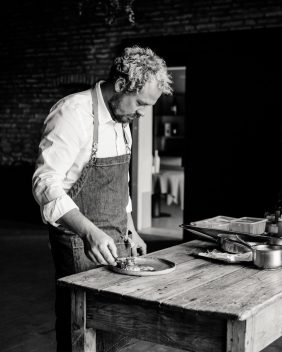
The two recently recounted this on the stage of the Identità Golose congress: "In eight years at Venissa - said Francesco - we have seen abysmal changes, it's scary to see what's happening in the lagoon. Following two very serious environmental events, the high water in 2019 and the drought in 2023, we ran into difficulties. But the same thing was happening to our friends who had supported us until then. So we decided to save each other." According to Pavan and Brutto, it is right for the chef to "put himself at the center of change, at the center of the agricultural community" by building a network of relationships with the small surrounding producers and thus becoming an activator of positive phenomena for the territory.
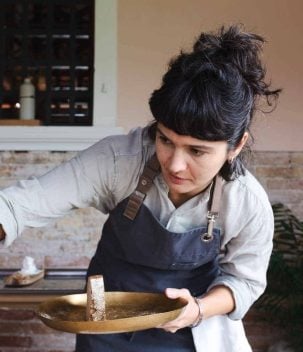
Chiara Pavan
Seed selectors
So the two, partners in the kitchen and in life, began working with Smartie.bio, a small company run by Luca and Andrea who select seeds in Sant'Anna di Chioggia to safeguard the vast heritage of local vegetable varieties and improve them genetically. To do this, the two produce many scraps that Chiara and Francesco acquire and enhance in their kitchen, as happened this winter with a marinated cabbage, a variety very similar to a cabbage but much tougher, which they put on the menu blanched and then cooked "as if it were a scaloppine".
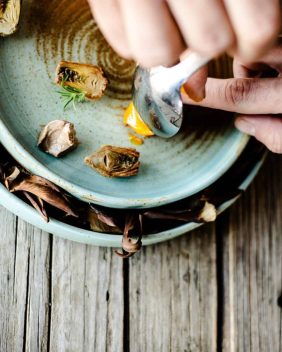
Instead of lemon, the dish is whipped by a 2 percent fermentation of Dorona grapes, the vine rediscovered in recent years by the Bisol family and replanted in Mazzorbo in the fascinating vineyard enclosed between old walls that constituted the starting point of Venissa, born as a wine resort and then transformed thanks to Chiara and Francesco into a true laboratory of agricultural resistance of a territory like the Venetian lagoon which according to Chiara constitutes "a true hotspot of climate change". A place where climate change has more visible and faster effects, and where the chef can contribute to fight it with his communicative strength but also for the precise choices he can make from the point of view of raw materials and consequently of techniques.
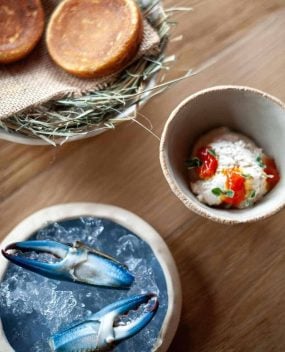
Alien species
A precise choice of Pavan and Brutto is to give up meat, "since no one asks us for it anymore," she says. And to make massive use of alien species, which come from afar and tend to cannibalize the fragile lagoon ecosystem. Better to eat who is strong and overbearing than who is fragile and at risk. There is naturally the blue crab, which the two started using well before it became a media phenomenon. And then there are halophyte plants like sea purslane that thrive in the Venetian canals and give excellent results on the plate also because the increase in saline wedge makes it salty. Not only that, at Venissa, for example, they use pickled almond blossoms, thus giving a purpose to the too early flowering of plants that would otherwise be wasted in February due to the absence of pollinating insects. An "environmental" cuisine, as they like to call it, which feeds biodiversity and contributes to regenerating the ecosystem. And it's okay if this limits the sacred freedom of the chef. Because, as Niko Romito likes to say, it is with limits that we grow.

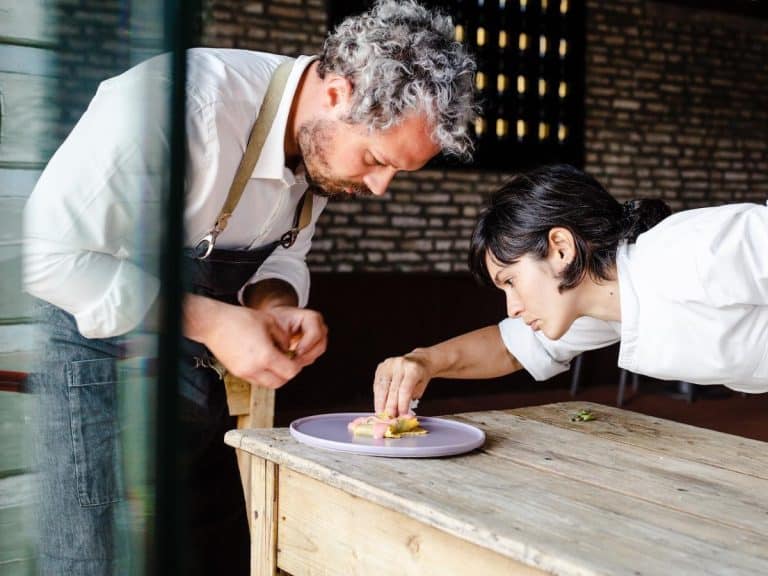
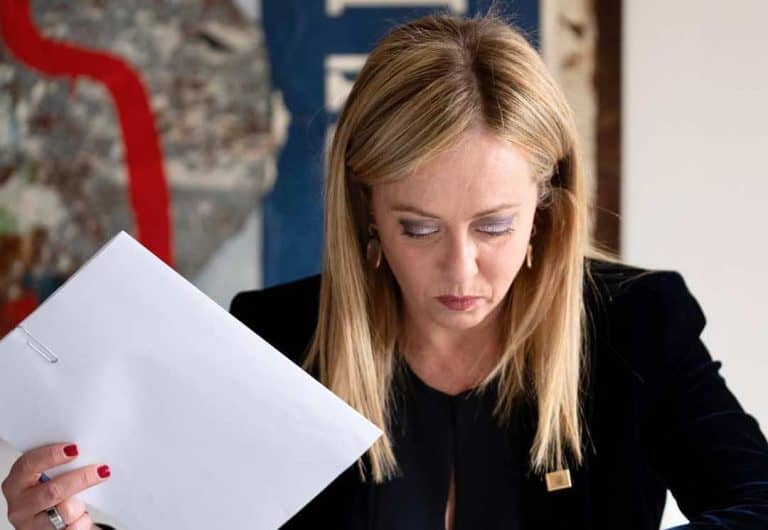 Meloni: "Tariffs? If necessary, there will be consequences. Heavy impact on agri-food sector"
Meloni: "Tariffs? If necessary, there will be consequences. Heavy impact on agri-food sector"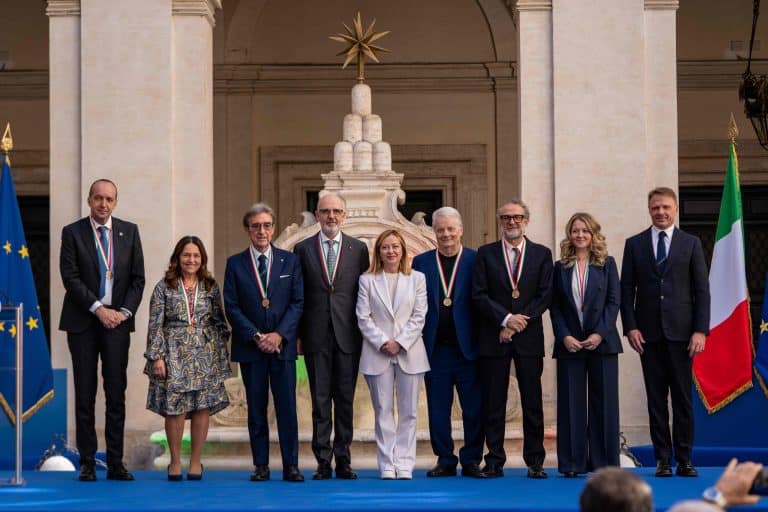 The Government honours the greats of Italian cuisine, from Bottura to Pepe. Massari: "Thank you, Meloni, the only one who listened to us"
The Government honours the greats of Italian cuisine, from Bottura to Pepe. Massari: "Thank you, Meloni, the only one who listened to us"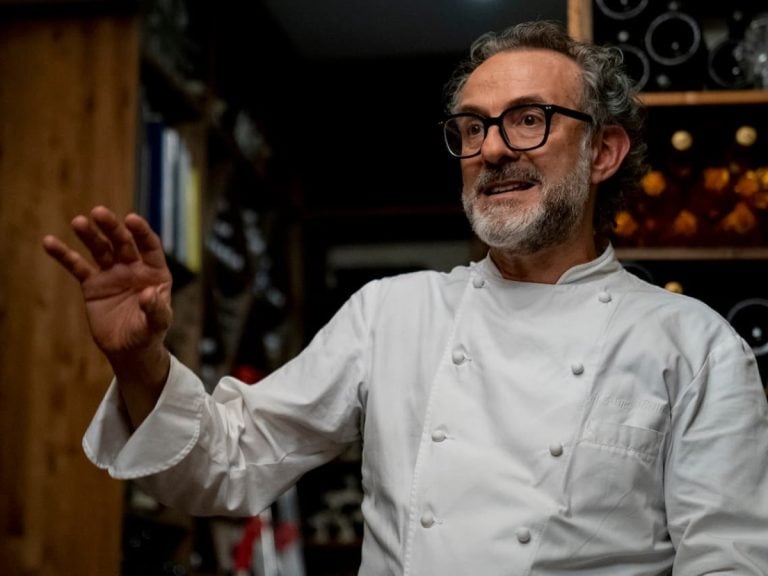 "We must promote a cuisine that is not just for the few." Interview with Massimo Bottura
"We must promote a cuisine that is not just for the few." Interview with Massimo Bottura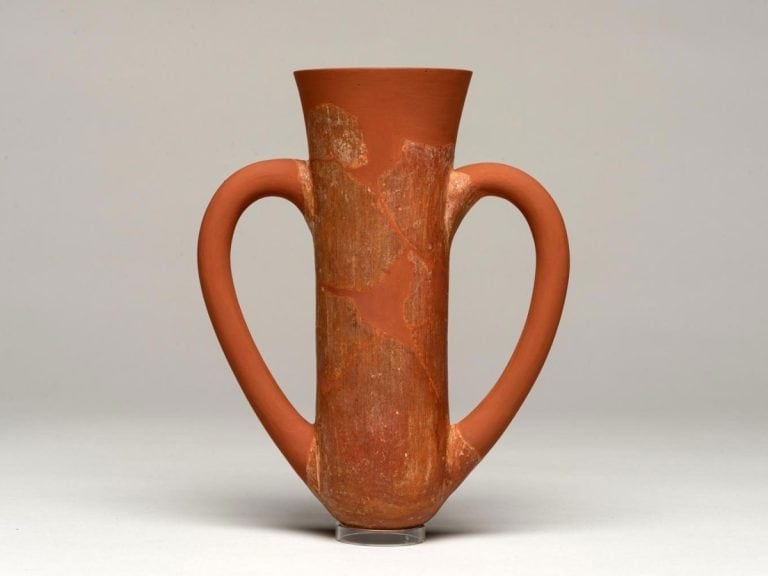 Wine was a drink of the people as early as the Early Bronze Age. A study disproves the ancient elitism of Bacchus’ nectar
Wine was a drink of the people as early as the Early Bronze Age. A study disproves the ancient elitism of Bacchus’ nectar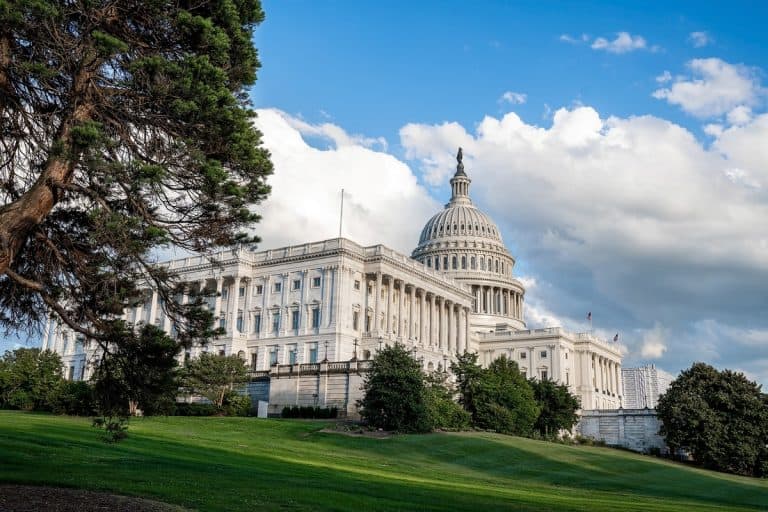 "From 2nd April, US tariffs between 10% and 25% on wine as well." The announcement from the Wine Trade Alliance
"From 2nd April, US tariffs between 10% and 25% on wine as well." The announcement from the Wine Trade Alliance